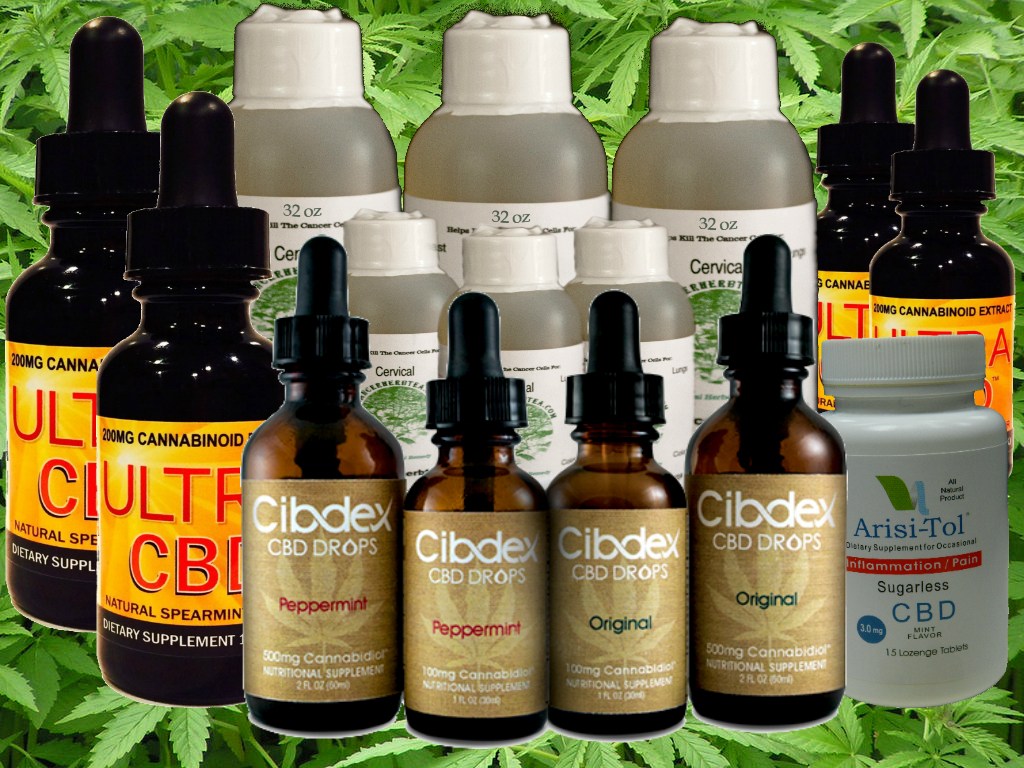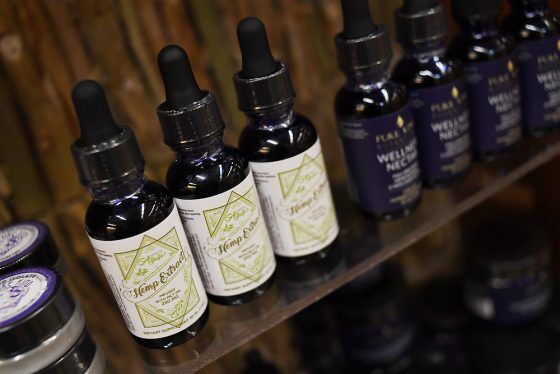
WASHINGTON, DC — A new study published last week in the Journal of the American Medical Association (JAMA) found that nearly 70 percent of all cannabidiol (CBD) products sold online are either over or under labeled, causing potential serious harm to its consumers.
The study, co-authored by Jahan Marcu, Ph.D, American’s for Safe Access’ (ASA) Chief Science Officer and Director of Patient Focused Certification (PFC), analyzed 84 CBD products available online from 31 companies.
“This is a wake up call for the CBD industry to standardize their products,” said Dr. Marcu, “CBD product manufacturers need to adopt best practices and accept guidance from AHPA and other groups to improve consistency and safety for consumers. Reaching compliance with existing standards for cannabis-products could help address this issue.”
Analysis from jointly PFC certified & ISO17025 accredited laboratories showed 43 percent of products contained more CBD than indicated on the label, 26 percent contained less, and 31 percent were accurately labeled (within 10 percent).
This degree of mislabeling poses safety and efficacy issues for consumers, particularly given the fact that these unapproved CBD formulations are often used to treat children with intractable epilepsy.
In recent years, there has been an increased interest in the medicinal use of CBD, a chemical that naturally occurs the in cannabis plant (aka “marijuana”). There is interest in CBD as a medicine because there is some evidence that it has medical benefits, but it does not make people feel “high” and there is no indication that CBD, by itself, is abused.
Recent research has shown potential therapeutic effects of CBD for young children with rare seizure disorders, and patients in states where cannabis or CBD have been legalized report using it for a variety of health conditions. Business experts estimate that the market for CBD products will grow to more than $2 billion in consumer sales within the next three years.
While interest in this area continues to grow, little has been done to ensure regulation and oversight of the sale of products containing CBD.
The primary reason for this is that CBD is currently classified as a Schedule I controlled dangerous substance by the DEA, despite having been legalized for medicinal use in many states.
Thus, many people do not have access to stores that sell CBD products and instead rely on online retailers to purchase CBD products.
Tags: cannabidiol, CBD, Journal of the American Medical Association, Patient Focused Certification



